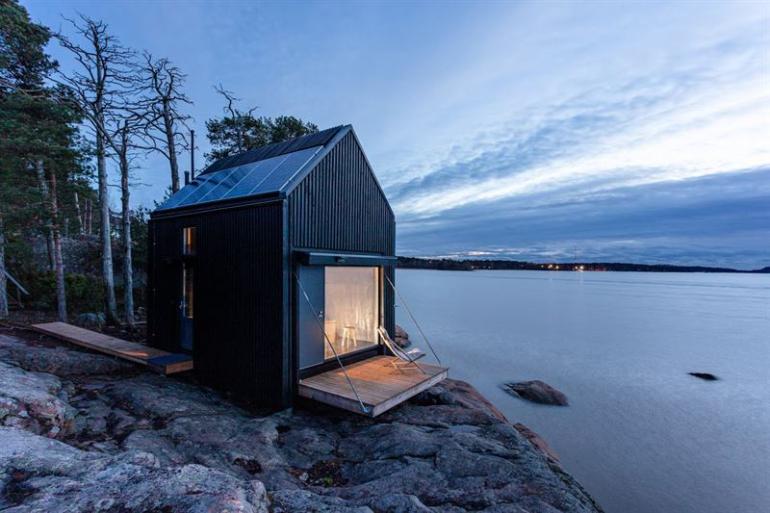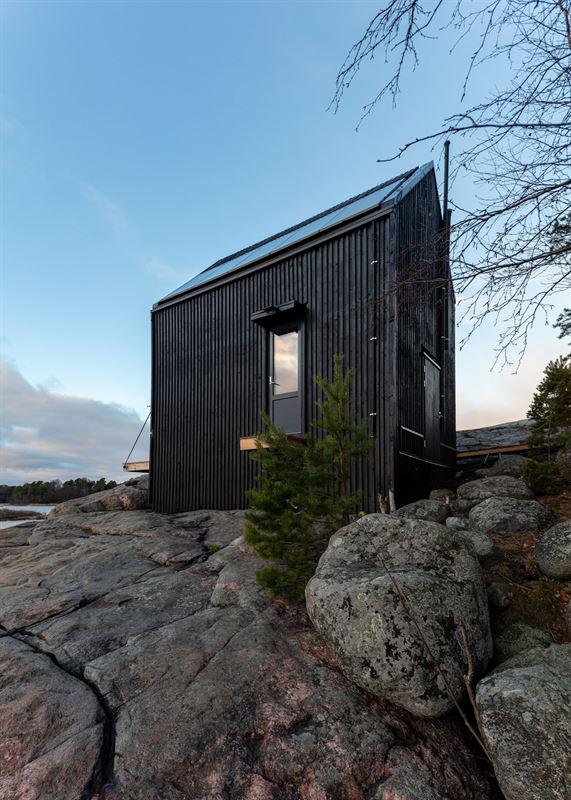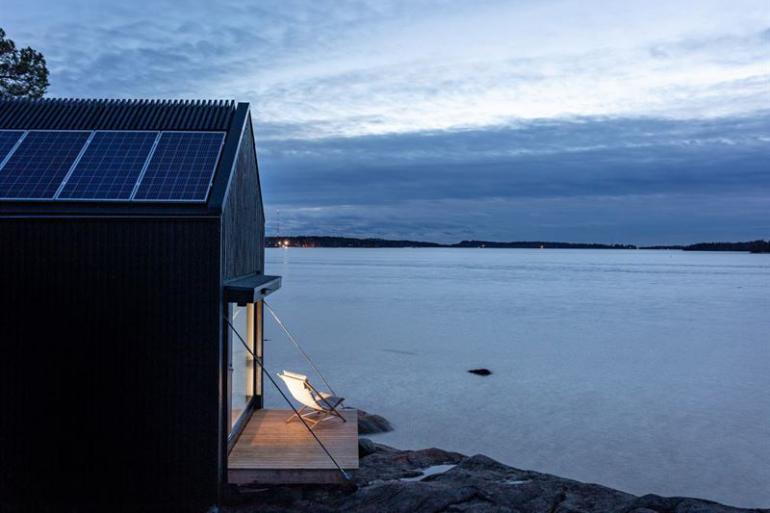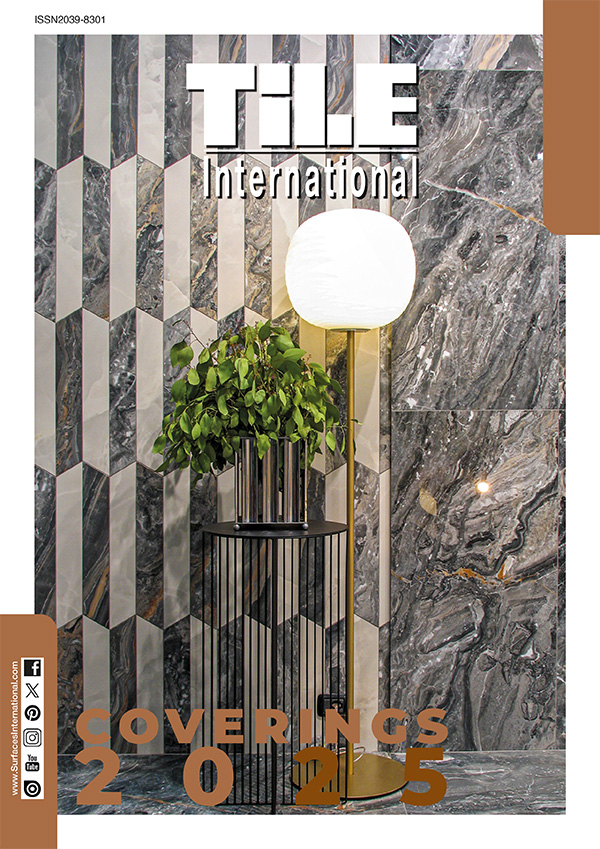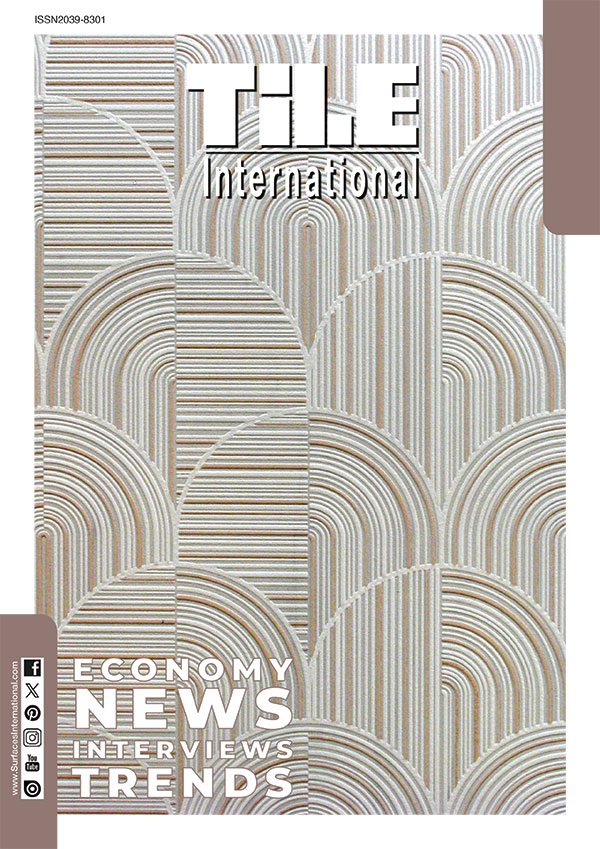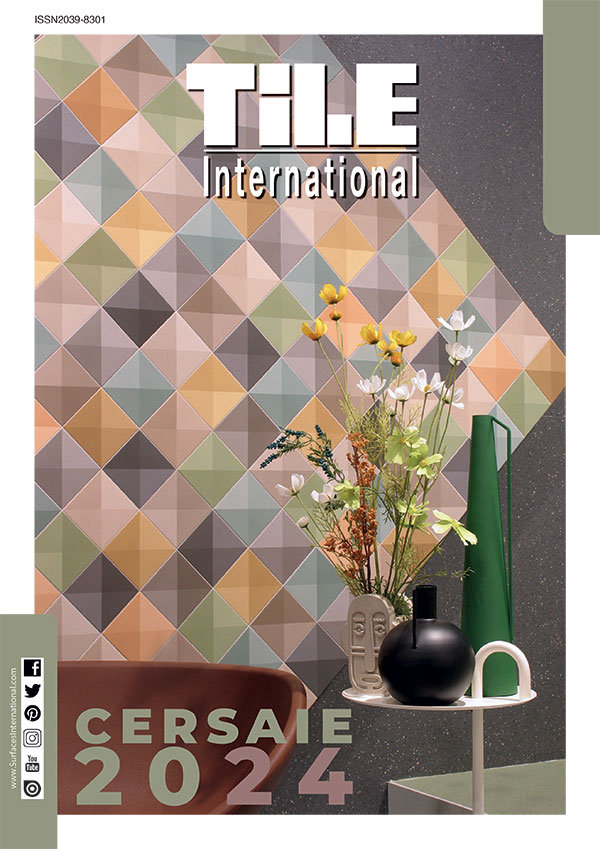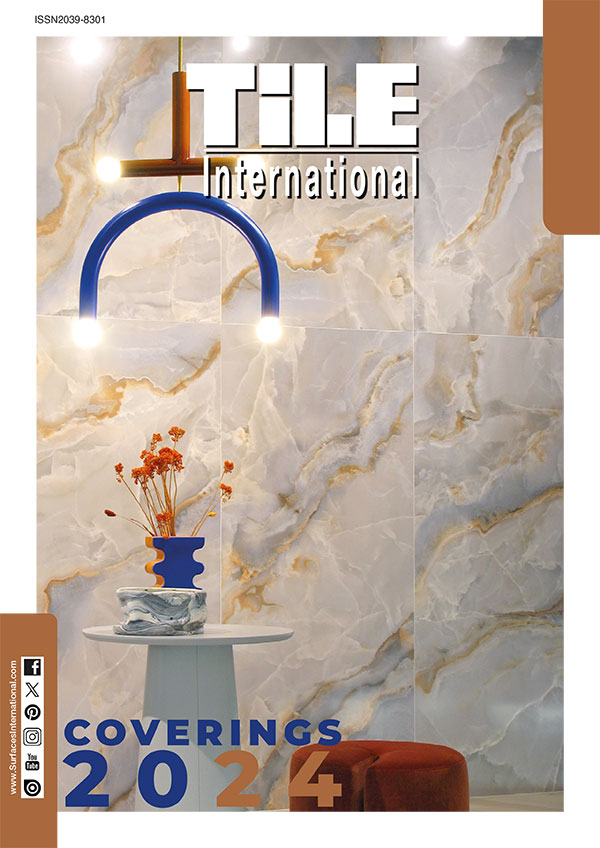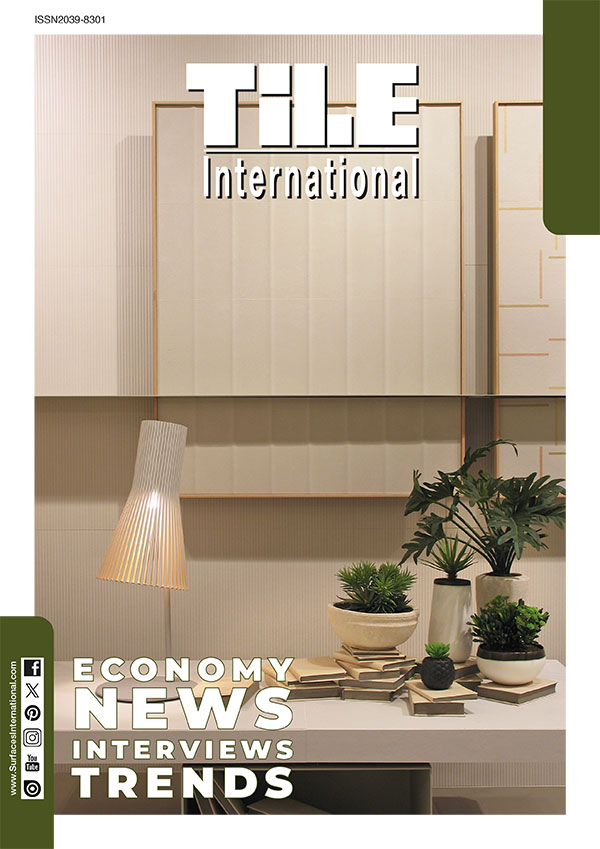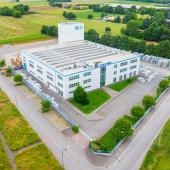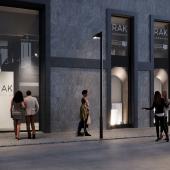Majamaja wood cabins for Helsinki's Maritime Strategy
Every citizen of Helsinki lives less than 10 kilometres from the sea. The sea embraces the Helsinki city centre on three sides, and a special feature of the city is a mosaic of islands, most of them public property. The sea and the city’s seafronts play significant roles in daily life in Helsinki, from recreation to transport to the culinary culture. “Island hopping” is a Helsinki specialty. Helsinki’s maritime nature is a key factor in the appeal of the city, and Helsinki has for long focused on developing the city’s maritime strengths. The city has now launched a new strategy to steer the development and to ensure responsible tourism that conserves the delicate nature of the city’s archipelago. One milestone of this development is Majamaja eco-cabins. The cabins are a showcase of nature-oriented ways to enjoy seafronts as well as exemplifying high-quality Finnish wood architecture.
Standing on scenic rocky shores and offering sea-views over the Helsinki archipelago, Majamaja off-grid cabins present a unique and minimalistic living experience with modern comforts including a shower and a kitchen. The cabin designs of Majamaja integrate green technology with timeless architecture.
“The Majamaja concept is driven by the need to radically rethink and to minimize our ecological impact. The purpose of Majamaja is to show how small-scale architecture, combined with green technology, can compensate for big volumes and centralized on-grid systems. Majamaja offers dwellers an opportunity to disconnect from daily routines and an educational eco-living experience, yet close to the hustle and bustle of the city,” says Majamaja architect Pekka Littow.
Majamaja’s holistic and environment-oriented approach comes from a combination of wood architecture and patented off-grid technology. The units use solar power, and water is treated for reuse in a closed loop system.
Majamaja is a Franco-Finnish off-grid design and technology company developing autonomous living solutions for sustainable land development projects. The Majamaja Helsinki village development serves as a pilot project for commercial use of Majamaja off-grid living units. The pilot village comprises five Majamaja units and a sauna. The village is located at Vuorilahdenniemi in Helsinki. The units were designed by Finnish architect Pekka Littow. Majamaja cabins present a minimalistic off-grid living experience with modern comforts including a shower and a kitchen. The Majamaja units have a wooden frame and wooden structures, and they incorporate a patented off-grid technology module for green energy generation and a closed loop water system. Prefabricated wood elements are assembled on site.
Helsinki Maritime Strategy
The Helsinki Maritime Strategy was launched in 2018. The goal is to offer residents new recreational opportunities in maritime areas, against increasing density in Helsinki’s urban structure. According to the strategy, the archipelago, the shoreline and the sea will serve as a platform for experiments and creative business activities by 2030 – Helsinki strengthens the prerequisites for the creation of new maritime services. The City forms partnerships with businesses producing maritime services. The planning and the uses of seafronts and the archipelago are carried out in a responsible manner and always with consideration to the demands set by the sensitive archipelagic nature, to Baltic Sea protection and to cultural heritage. Environmental awareness sets the scene for new kinds of business activities and innovative product development. Helsinki Biennial, a new international contemporary art festival, will make use of the archipelago and take place on the Vallisaari island in summer 2021.
Majamaja Helsinki cabins rental waiting list is available at www.majamaja.com

